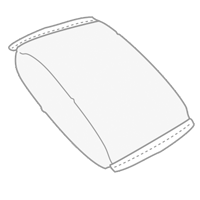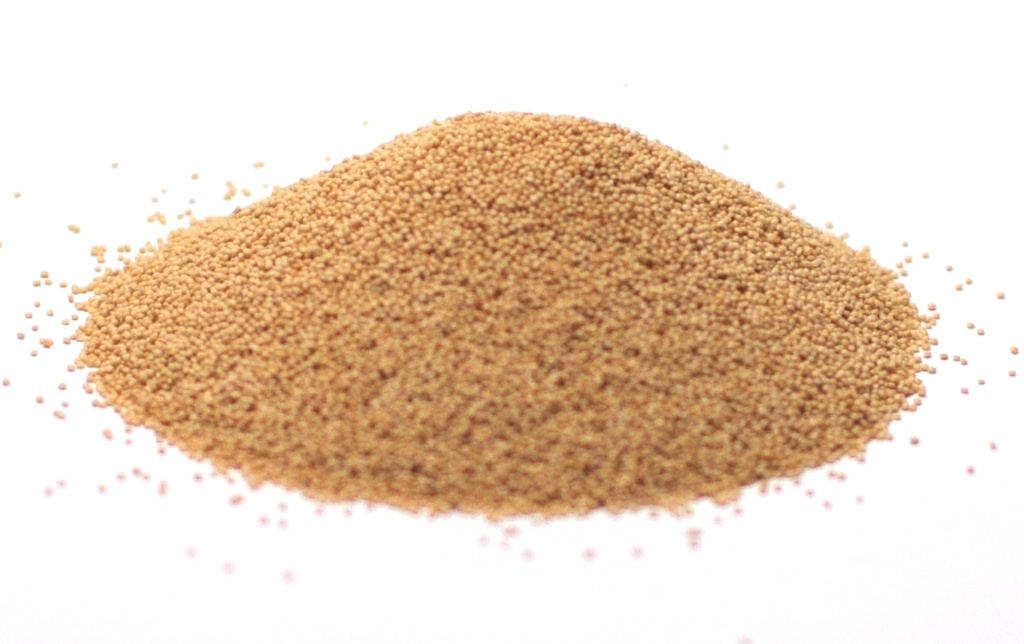Amaranth

2 lb bag $10.20
|

25 lb sack $127.50
|

50 lb sack $255.00
|
Amaranth
Amaranth is an ancient grain that is less commonly known than other grains such as wheat and barley. It has increased in popularity due to its notable health benefits. This grain is not used as often household kitchens but is more of a staple in chef’s kitchens and recipes.
Amaranth Grain has a nutty, earthy flavor. It is naturally gluten-free making it a grain someone with celiac or gluten sensitivity can eat. Other gluten-free grains we have at Mount Hope Wholesale include millet, long-grain brown rice, and tri-colored quinoa.
The amaranth grain dates back hundreds of years as a staple in the Maya, Inca, and Aztec civilizations in Mexico. It offers an unusually high-quality protein and is rich in fiber, manganese, magnesium, iron, and phosphorous. Amaranth is also rich in antioxidants and minerals.
Manganese aids in brain function and healthy neurology. Phosphorous is a mineral that keeps your bones healthy and strong. Iron is important for producing oxygen-rich blood cells and fighting fatigue. Antioxidants protect against cell-damaging free radicals, heart disease, and maybe even cancer. Studies and long-term use suggest that enjoying amaranth as part of your diet reduces inflammation, lowers cholesterol, and aids in weight reduction.
Before cooking amaranth, it should sprout. Spouted amaranth is easier on the digestive tract. To sprout amaranth soak it in cool water for about two hours. After a few hours drain the water and let the grains germinate in a dish covered with a cloth. Rinse and drain every eight hours for up to 48 hours. Sprouted amaranth doesn’t store for as long as the dried seeds before spourting. Making in in small batches is a good idea.
Amaranth can be combined with wheat flour in breads, pasta, pancakes, and other recipes. Stock up with bulk orders at wholesale prices.
